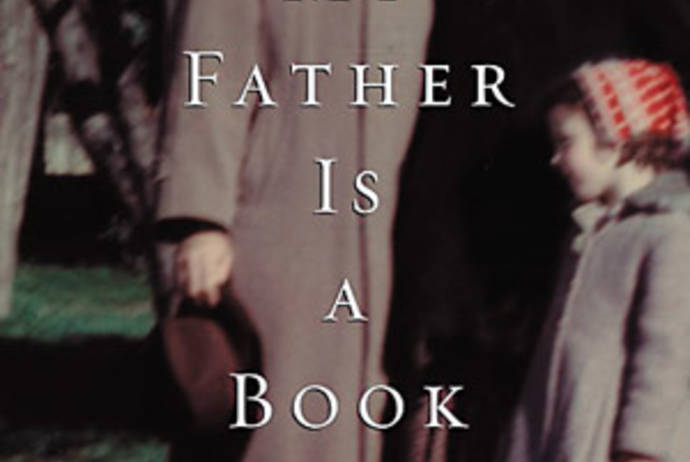Cambridge, Mass., June 1999. After graduation, and after my parents’ visit and our five-day trip to New York, I was lazing out in the office of the Italian TAs at Harvard. Instead of cleaning up the desk and the shelves, on that afternoon I finished up Bernard Malamud’s Collected Stories. Malamud’s pellucid style and painstaking insight in common people’s feelings finally set him as the top author of my personal canon of American fiction, which includes Philip Roth, Cynthia Ozick, Saul Bellow, Raymond Chandler, Russell Banks, and few others.
When the book first came out in hardcover, a few months before, I had read an interview with Janna Malamud Smith, the author’s daughter, who at the time worked as a psychologist at Brigham Women Hospital and lived in the Boston Area. Would not it be nice, I thought, to drop a line of appreciation of her father’s stories? After all, it was 2pm: she would be at work, and my message in her voice mail would not intrude. In the phone book, though, only the name of Ann Malamud appeared. Was it really Malamud’s daughter? I could not remember it well.
I dialed the number anyway. After eight rings, the machine was not starting. A deep, cavernous voice answered: “HELLO?” I was surprised to be talking to someone presumably older than Dr. Malamud.
“Hello. Am I talking to Ann Malamud?” I timidly asked. “YES?!” was her answer. Could she really be Malamud’s daughter? Certainly, she was getting upset.
“Perhaps related to the writer Bernard Malamud?”
“WELL, AS A MATTER OF FACT I AM HIS WIDOW! AND WHO ARE YOU?”
“Oh, my name is Andrea Malaguti. I teach some Italian classes at Harvard, and I just finished Bernard Malamud’s stories. I simply wanted to drop a line of appreciation…”
“OH, YOU ARE SO SWEET…”
Our conversation continued in a more sedate tone. We talked about Malamud’s stories, of course, and about a few more authors of my personal American canon. My old conversations with Guido Fink, the most important expert of Jewish American literature in Italy, finally had some results, i.e. upsetting Ann Malamud again:
“YOU KNOW, MY HUSBAND WAS JEWISH, BUT I AM ITALIAN AND CATHOLIC”
“Well, so am I. I do not see the problem.” It soothed her a little.
“Not only that, but my father was a professor,” (nice to know, I guess) “and he really insisted that we spoke Italian in the family. Only Italian, indeed: my parents were very attached to the language.”
“In that case, I am sure you can speak it now, too…”
“Oh, no! It’s been almost sixty years! I would make so many mistakes…!”
“Ma no! Ma quali errori? Gli errori non importano...” I knew she would yield.
She did, after half a second of hesitation: “Guardi, sono passati tanti, ma proprio tanti anni! Si immagini...”
To the detriment of my reputation as a language teacher, her subjunctives were much better minted and placed than those of my students (but also of many present figures of Italian television, I shall say). Our conversation pleasantly ended on her regret not to be able to invite me over for lunch because of her multiple sclerosis. I would never want to be such a bother, I said. “Oh, do not worry,” she replied: “I loved to throw huge dinner parties when I could.” How different from Bernard Malamud’s well-known shyness, I thought. Yet, couples have their own ways, and I am sure Ann and Bernie must have enjoyed their differences.
“We may probably order Chinese,” Ann Malamud told me, holding out her last invitation to lunch. I meant to reply, but I eventually did not. Like many of Bernard Malamud’s characters, I do have my own regrets.































